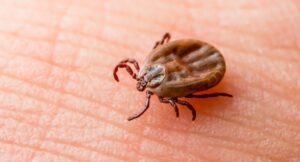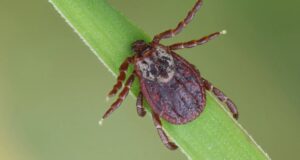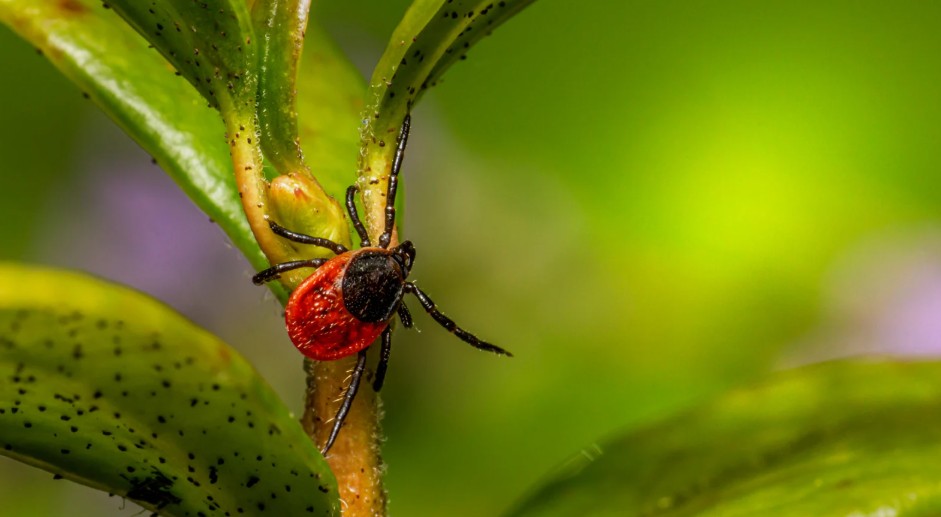Tick bites are a common occurrence, especially for those who enjoy outdoor activities like hiking, camping, or even gardening. While most tick bites are harmless, some can transmit diseases such as Lyme disease, Rocky Mountain spotted fever, and other infections. In this article, we will explain the necessary actions to take immediately after a tick bite.
What to Do If You Are Bitten by a Tick?
Remain Calm and Identify the Tick

The first step after discovering a tick bite is to stay calm. Most ticks do not transmit diseases immediately, and removal within a reasonable time frame can reduce the risk of infection. Once you notice the bite, carefully inspect the tick. Different species of ticks can carry different diseases, so identifying the tick can be helpful for healthcare professionals later.
Safely Remove the Tick
The key to reducing the risk of tick-borne illness is to remove the tick as soon as possible. Here’s how to do it safely:
- Use fine-tipped tweezers to grasp the tick as close to your skin as possible, ensuring you grab it by the head or mouthparts.
- Pull gently and steadily without twisting, as twisting may cause the tick’s mouthparts to break off and remain embedded in the skin.
- After removing the tick, clean the bite area with rubbing alcohol, an antiseptic, or soap and water.
Dispose of the Tick Properly

Once the tick is removed, you need to dispose of it properly. You can place the tick in a sealed bag or container and store it in the freezer to keep it intact for possible identification.
Monitor for Symptoms
After a tick bite, it’s essential to keep an eye out for any symptoms that may indicate an infection. Common signs to look for include:
- A rash (especially a bullseye-shaped rash, which is characteristic of Lyme disease)
- Fever
- Fatigue
- Muscle or joint aches If any of these symptoms develop, it’s important to seek medical attention immediately, as prompt treatment can prevent the infection from spreading.
Seek Medical Advice if Necessary
Even if you don’t show immediate signs of illness, it’s a good idea to contact a healthcare provider after a tick bite, especially if you were bitten in an area where tick-borne diseases are common.
Conclusion
A tick bite can be unsettling, but knowing how to respond can make all the difference. By removing the tick carefully, monitoring for symptoms, and seeking medical attention when necessary, you can greatly reduce your risk of developing a tick-borne illness. If you frequently encounter ticks, you have to consult a pest control professional for advice on keeping ticks away from home.





